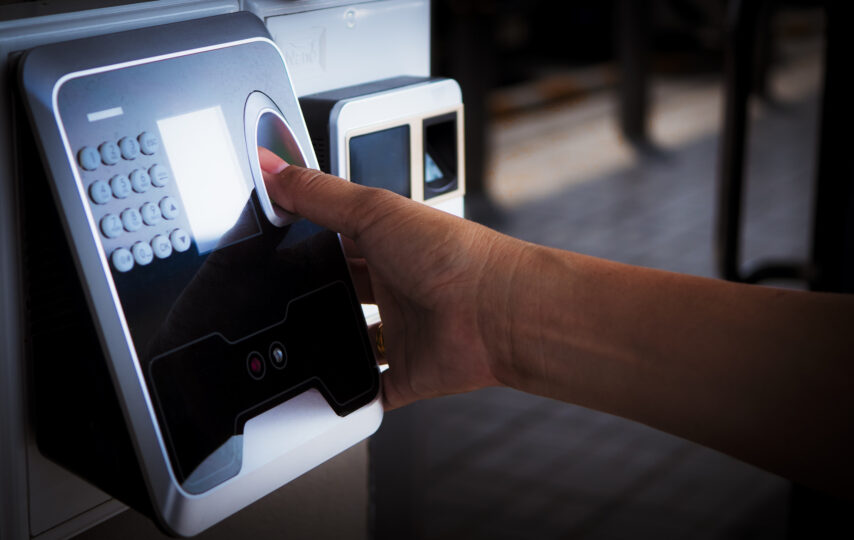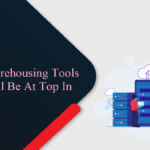Apartments, much like all other residential establishments, require a high degree of safety and security. Given the nature of operations with apartments, some would even argue that these buildings need more in terms of protecting the well-being of the tenants and staff as compared to other types of buildings and establishments. With that said, there are quite a few techniques and strategies to achieve the required level of safety and security. However, we would argue that the best way to keep everyone in the apartment safe is to have some sort of access control. Apartment building access control systems have quickly become the standard for virtually all apartments and other residential establishments all around the world. In this article, we are going to show you why it has been widely adapted and we are also going to tell you why these systems are best at keeping you safe and secure in apartments.
What is access control?
Access control is essentially the process of managing and directing access throughout a given area of coverage. It is concerned with the granting, preventing, and revocation of access for different users. As we all know, there are usually a lot of people in apartments at any given time. This will include tenants, staff, guests, visitors, etc. With this many people around, it becomes hard to keep up with all the activities and you might lose track of who’s entering where. This poses a threat to security as it is prone to things like theft, infiltration, break-ins, and more.
How can we achieve access control in apartments?
In an apartment setting, access control is achieved via a system of interconnected devices and equipment. Most modern types of access control systems in apartments today involve the use of computers, monitors, electronic locks, key cards, card readers, and biometric scanners, among others. These individual components are typically connected and controlled from one room or location. This area is usually referred to as the “command center” or “control room”. Managers and operators constantly man these areas to oversee who’s entering the rooms and control the process of providing access to all the different people moving around the building.
What are the benefits of an access control system?
Access control in apartments benefits both the staff as well as the tenants. Let’s first look at how the management can take advantage of this. Basically, an access control system allows the management to accurately and reliably keep track of all activities within the area. Through the use of monitors, microphones, and electronic locks, the management can see the movement of the people around and they can also grant or prevent access whenever necessary. They wouldn’t have to send someone to unlock the doors, which could introduce delays and inefficiencies. Also, they can keep a record of all the entry and exit logs within the building for purposes of investigation in case issues arise.
On the part of the tenants, access control systems provide accessibility and convenience. In most types of access control systems, traditional locks and keys are replaced by key cards, biometric IDs, and alphanumeric codes or pins. This means that tenants would have to carry one less item with them when they go out and they can also easily enter their rooms via these access methods. It also acts as an additional safety measure because these access methods are generally more fool-proof and harder to bypass unlike traditional locks and keys.
Do you really need access control systems?
If you intend to only have the absolute bare minimum in terms of security in apartments, then traditional systems will do just fine. However, if you are looking for the best solution for security issues, then it would be wise to invest in modern access control systems. Besides, investing in an access control system is not just an outright expenditure but it can also act as a means to generate more income. Essentially, if tenants feel safer within your building, then they are more likely to stick with you and you can also entice more customers into availing your services.





